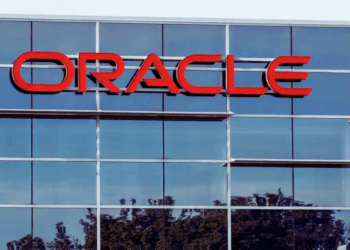In business world, corporate social responsibility (CSR) has become more than a buzzword—it’s a business imperative. Global companies operate under intense scrutiny from consumers, investors, governments, and communities. One misstep can go viral in minutes, damaging a reputation built over decades. On the flip side, a strong commitment to CSR can set a company apart, helping it build trust, loyalty, and long-term success.
How CSR Can Enhance Brand Reputation?
When businesses actively prioritize sustainability, fair labor practices, and ethical sourcing, they communicate a strong set of values. This resonates deeply with modern consumers, especially Gen Z and Millennials, who expect brands to take clear stances on social and environmental issues. A transparent and consistent CSR strategy not only attracts customers but also turns them into brand advocates.
Consider how companies like Ben & Jerry’s, TOMS, and The Body Shop have built entire brand identities around ethical business models. Their socially responsible missions are not just side campaigns—they’re core to their business DNA. As a result, their customers feel part of a movement, not just a transaction.
Building Ethical and Socially Responsible Businesses
Ethical business is no longer an optional path—it’s a necessity in the global marketplace. Today’s workforce, consumers, and shareholders demand that companies play an active role in solving social and environmental challenges. The foundation of an ethical business rests on transparency, accountability, and long-term thinking.
Global businesses are beginning to realize that CSR isn’t about writing checks—it’s about embedding purpose into every aspect of their operations. This could include reducing carbon emissions, ensuring supply chain integrity, investing in community development, or promoting diversity, equity, and inclusion. These actions, when authentic and measurable, demonstrate true leadership.
For example, Salesforce integrates sustainability and social impact into its strategic planning. Their 1-1-1 model—dedicating 1% of equity, product, and employee time to charitable causes—has influenced over 15,000 companies globally. This kind of CSR strategy not only benefits society but also strengthens internal culture and investor appeal.
Furthermore, ethical businesses are better positioned to attract top talent. Employees today want more than a paycheck—they seek purpose. According to research, companies with strong CSR values experience lower turnover, higher engagement, and increased innovation. In short, doing good helps businesses do well.
CSR as a Strategic Advantage in Global Business
Global business is no longer just about profit margins; it’s about people and the planet. As economies become more interdependent, businesses must operate with a broader sense of responsibility. CSR acts as a framework to navigate this complexity—balancing growth with impact.
Moreover, CSR mitigates risks. Whether it’s climate-related disruptions, labor rights violations, or public backlash over unethical practices, companies that ignore CSR do so at their peril. By contrast, those that lead in sustainability and ethics are more resilient in the face of crises.
In markets where regulations are tightening and ESG (Environmental, Social, Governance) metrics influence investment decisions, CSR becomes a competitive advantage. Companies that adopt robust CSR initiatives are more likely to attract responsible investors and long-term capital.
Conclusion: CSR as a Global Business Essential
In a rapidly evolving world, corporate social responsibility is not just a moral obligation—it’s a strategic necessity. It enhances brand reputation, fosters consumer and employee loyalty, drives sustainable innovation, and helps businesses thrive in a purpose-driven economy.
Businesses that embrace ethical practices and champion sustainability aren’t just future-proofing their operations—they’re shaping a better world. And that’s good business for everyone.






